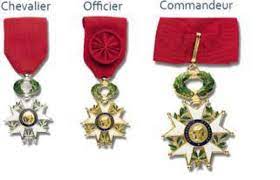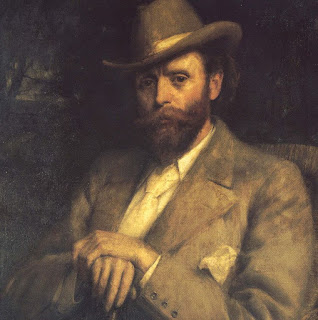With thanks to Connie Ruzich for jreminding m e that I had not yet researched Heathcote.
Heathcote was born in Wells, Somerset, UK on 21st January 1878, the fifth of six children. His parents were Charles William Garrod, a solicitor, and his wife, Louisa (née Ashby). Educated at Bath College and Balliol College, Oxford, Heathcote received the Gaisford prize for Greek prose in 1900 and in 1901 the Newdigate Prize for a poem written in English. Gaining a first class degree in the Final Honour School of Literae Humaniores in the summer term of 1901, in October that year Heathcote was elected a Fellow of Merton College, Oxford, a position he occupied for more than 60 years.
In June 1902, Heathcote was appointed assistant tutor at Corpus Christi College, Oxford. During the First World War, he worked at the Ministry of Munitions and then in the Ministry of Reconstruction. He was appointed a Commander of the Order of the British Empire (CBE) in 1918, in recognition of his work during the First World War.
This remark is often attributed to other, more famous people, however, reliable sources give him as the person who, when accosted by a woman during the First World War asking why he was not with the soldiers fighting to defend civilisation, replied: "Madam, I am the civilization they are fighting to defend."
Heathcote was appointed Oxford Professor of Poetry from 1923 to 1928. In 1925, he resigned his tutorship in classics at Oxford for a research fellowship in English, which had been vacant after the death of W. P. Ker. From 1929 to 1930, he was the Charles Eliot Norton professor at Harvard University.
In addition to the CBE, Garrod received an honorary doctorate from the University of Durham (DLitt, 1930), was elected a Fellow of the British Academy in 1931 and received an honorary doctorate from the University of Edinburgh (LLD, 1953).
Heathcote never married and died at the Acland Nursing Home in Oxford on Christmas Day 1960.
His short WW1 poem "Epitaph Neuve Chapelle" remembers Indian troops and those who fought and died in #WW1 with unquestioning bravery.
Catherine W. Reilly “English Poetry of the First World War: A Bibliography” (St. Martin’s Press, New York, 1978) – p. 137 list Heathcote’s WW1 collections as:
“Worms and epitaphs: poems” (Blackwell, Oxford, 1919)
“Epigrams: poems” (Blackwell, Oxford, 1946) includes a poem first published in 1919.
Sources:
https://behindtheirlines.blogspot.com/2015/03/epitaph-neuve-chapelle.html #poetry #WW1
https://www.thebritishacademy.ac.uk/fellows/heathcote-william-garrod-FBA
https://en.wikipedia.org/wiki/H._W._Garrod
Portrait of Heathcote William Garrod by Walter Stoneman MBE FRGS FRPS, photographer (1876 – 1958) – National Portrait Gallery
































